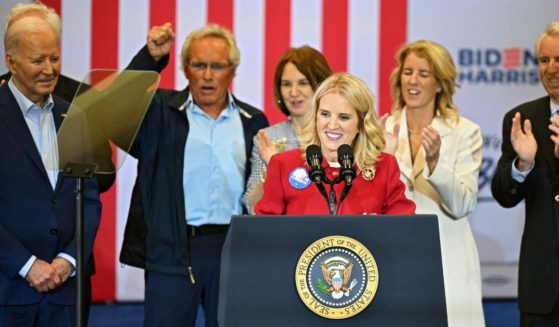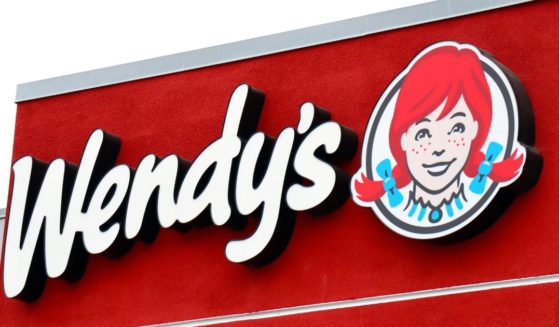'Historic' Blizzard Ruins Crops of Same Farmers 2020 Dems Blame for Global Warming
Many American farmers are likely to face some tough times as a historic blizzard ruins crops across our country’s heartland, all after some 2020 Democratic presidential candidates insultingly placed at least part of the blame for climate change on them.
Farmers’ tractors, trucks and other fossil fuel-powered machinery are targets of many Democrats’ plans for sweeping climate reform.
Massachusetts Sen. Elizabeth Warren, for instance, wants to “decarbonize the agriculture sector.”
Carbon, of course, is one of the main causes for rising global temperatures, according to those pushing climate change talking points.
Former Texas congressman and failed Senate candidate Robert “Beto” O’Rourke promises radical changes in many sectors, including the agricultural industry.
He wants to meet Green New Deal-style goals of net-zero emissions in order to curb the worldwide temperature increases.
If victorious, O’Rourke plans to invest billions in taxpayer money into “research with the most promise to dramatically and rapidly achieve net-zero emissions while growing our economy. This will include funding for a new constellation of DARPA-style efforts into agriculture.”
New Jersey Sen. Cory Booker, meanwhile, claims American farmers are “uniquely positioned” to reduce their own carbon emissions, thus alleviating the greenhouse effect as part of an effort to keep temperatures down.
While all of these candidates are pushing different plans, the message is the same. Rural farmers, through their job-essential equipment, are a major force of climate change, carbonization and global warming.
Unfortunately for farmers in North Dakota, not only are they being blamed for catastrophic temperature increases, but they’re also having to deal with a massive cold weather event that threatens to make entire crops fail.
According to Agweek, the “historic October blizzard” of 2019 comes after monumental September rains, creating a perfect storm of plant-wrecking weather in central North Dakota.
The blizzard is both earlier and stronger than is normal for the region.
It’s believed that the extreme weather will cause quality issues for soybeans and other crops, forcing farmers to sell a lower-quality product — if they can harvest it at all. Snow and ice over already wet ground is proving to be a nightmare for the operation of heavy machinery.
“Would you drive your combine on a lake with 2-3 inches of ice?” one farmer said. “Fields will be no different.”
Photos posted by the National Weather Service in Bismark show the destructive magnitude of this snowfall.
More pictures of the story of the October 2019 Blizzard across #NorthDakota (Photos used with permission. Taken near McCanna, Carrington, Jamestown and Devils Lake) #ndwx #ndag #OctoberStorm2019 pic.twitter.com/XrTRwqhpPp
— NWS Bismarck (@NWSBismarck) October 14, 2019
While some claim climate change could lead to worse blizzards, it seems like earlier and colder weather is the complete opposite of what Al Gore and other climate fanatics have predicted for years.
The reality for farmers in North Dakota is much worse than starving polar bears and melting ice caps.
As they deal with the fallout from a record blizzard, they now risk becoming guinea pigs for any Democrat who might win the presidency.
Already crippled by a bad year, possible forced replacement of reliable farm equipment with expensive “green” alternatives and methods would likely be a death blow to many American farms.
Truth and Accuracy
We are committed to truth and accuracy in all of our journalism. Read our editorial standards.












